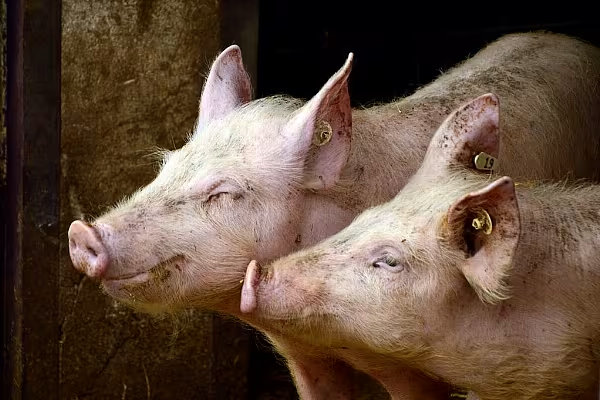Cutting the numbers of wild boar will be critical in combating the pig disease African swine fever (ASF) in Germany, the country's newly-appointed junior agriculture minister has said.
Germany is also in talks with the European Union about financial support for farmers who give up pig production in regions threatened by ASF, said Silvia Bender of the Green party, appointed a junior agriculture minister after Germany's government took office in early December.
China and other buyers banned imports of German pork in September 2020 after the first swine fever case was confirmed in wild boar in east Germany along the border with Poland, but German pork sales to the inside Europe continue.
There have been 2,960 ASF cases in wild boars in the eastern German states of Brandenburg, Saxony and Mecklenburg-Vorpommern all near to the Polish border, where wild boars coming from Poland have helped spread swine fever.
'ASF Will Not Disappear Overnight'
"ASF will not disappear overnight," Bender said in a statement after a meeting with regional governments about combating the disease.
"It is our goal to stop the spread and to eradicate ASF. A central factor in this will be a strong reduction in the wild boar population."
Germany has been seeking to contain the disease in east Germany and eradicate it by a protective corridor between two fences. In the zone inside the two fences the wild boar population should be reduced to zero by intensified hunting.
"We are also in intensive talks with the European Commission about how we can improve financial support to pig farms," Bender said. "For example, when they temporarily withdraw from (pig) production."
There have been calls for farmers in the threatened regions of east Germany to end pig production to prevent the disease spreading to farm animals.
Read More: France, China Agree Regional Approach To Pig Disease And Trade
News by Reuters, edited by ESM. For more Supply Chain news, click here. Click subscribe to sign up to ESM: European Supermarket Magazine.











